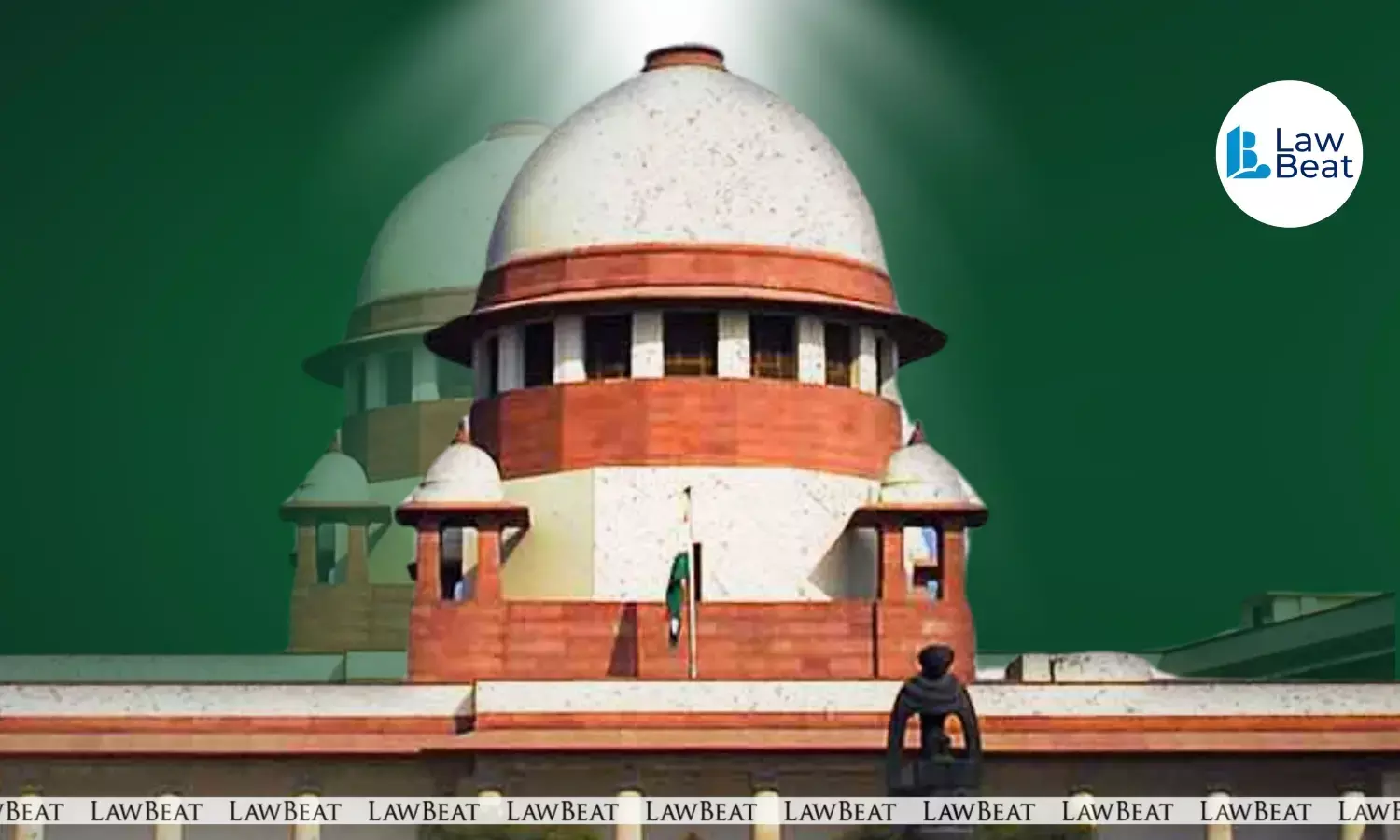Supreme Court Declares Right to Housing a Fundamental Right, Warns Government Bodies and RERA Against Failing Homebuyers

The Supreme Court sets aside Madhya Pradesh High Court's adverse observations on advocate's conduct
The Supreme Court on September 12, 2025 made a landmark declaration that the right to housing is not just a contractual entitlement but a fundamental right under Article 21 of the Constitution. In a strongly worded judgment, the Court said the State cannot remain a “silent spectator” when the dreams of millions of citizens collapse into unfinished buildings and lifelong financial distress.
A bench of Justices J B Pardiwala and R Mahadevan underscored that the Government carries a constitutional obligation to protect homebuyers, stressing that the problem is not confined to flats and apartments but strikes at the heart of India’s economy, banking stability, employment, and urban growth. The Court said reforms so far are welcome but warned that RERA authorities must not be allowed to become “toothless tigers.” They must be armed with power, resources, and enforcement tools to prevent the right to shelter from becoming an illusion.
The case involved speculative investments disguised as homebuyer agreements. Upholding the NCLAT’s findings, the Court ruled that the appellants, led by Mansi Brar Fernandes, were investors and not genuine allottees, since their agreement contemplated only a buyback with a hefty premium and not possession of a dwelling. The Court said possession of a unit is the litmus test of genuine intent. While speculative investors cannot use the Insolvency and Bankruptcy Code to trigger insolvency proceedings, they remain entitled to recover their principal and pursue other remedies in law.
But the judgment went far beyond the facts of the case. In a sweeping intervention, the Court painted a grim picture of India’s housing crisis, where middle-class citizens pay EMIs and rent simultaneously, only to see their savings locked in half-built projects. Teachers, doctors, IT professionals, lawyers, and government employees, it said, are crushed under anxiety, debt, and the indignity of not having a roof over their family despite paying a fortune.
Declaring that “a home is not merely a roof but a refuge, a dream and a measure of dignity,” the Court issued a set of binding directions to overhaul the regulatory and insolvency ecosystem. It ordered the Union Government to immediately fill vacancies in NCLT and NCLAT and to file a compliance report on infrastructure upgrades within three months. It directed the constitution of a high-level committee chaired by a retired High Court judge, with representation from ministries, financial experts, housing institutions, IIMs, NLUs, and NITI Aayog, to propose systemic reforms for cleansing the real estate sector.
States have been directed to ensure RERA authorities are fully staffed, resourced, and accountable, with project approvals subject to rigorous due diligence. Failure to do so, the Court warned, will amount to an “unpardonable error in law” that may trigger strict intervention. The Insolvency and Bankruptcy Board of India has been told to frame specific guidelines for real estate insolvency in consultation with RERAs. Resolution must proceed project by project, not company by company, to protect homebuyers of ongoing projects.
The Court urged the Government to expand bridge financing mechanisms like the SWAMIH Fund or NARCL to rescue stalled projects, prevent liquidation of viable developments, and safeguard homebuyer investments. It also suggested creating a dedicated corporate body under public-private partnership to take over and complete stuck projects, with unsold inventory used for affordable housing schemes and government quarters.
The bench lamented that despite massive public spending on management and policy institutions, India lacks a robust domestic consulting industry to steer such restructuring. It called for stronger collaboration with Indian think tanks and universities to build homegrown capacity.
In its closing remarks, the Court elevated the principle to constitutional stature: “The right to housing is not merely a contractual entitlement but a facet of the fundamental right to life under Article 21. Genuine homebuyers are the backbone of India’s urban future, and their protection lies at the intersection of constitutional obligation and economic policy.”
Case Title: Mansi Brar Fernandes v. Shubha Sharma & Anr
Bench: Justices J B Pardiwala and R Mahadevan
Judgment Date: September 12, 2025
